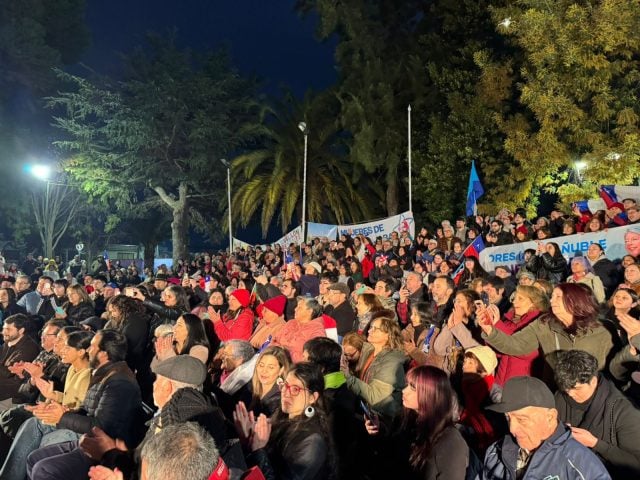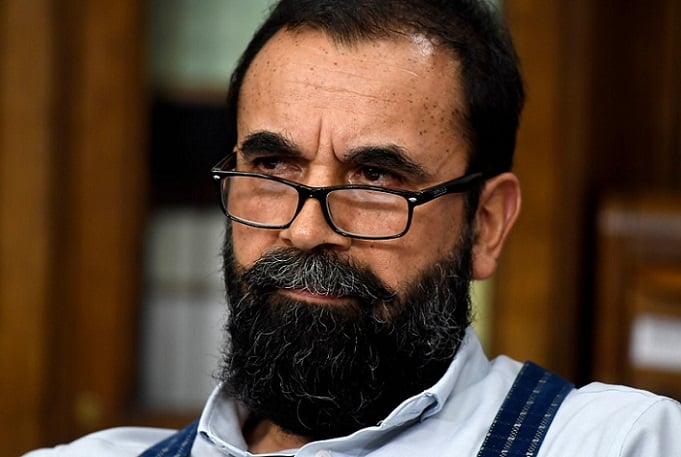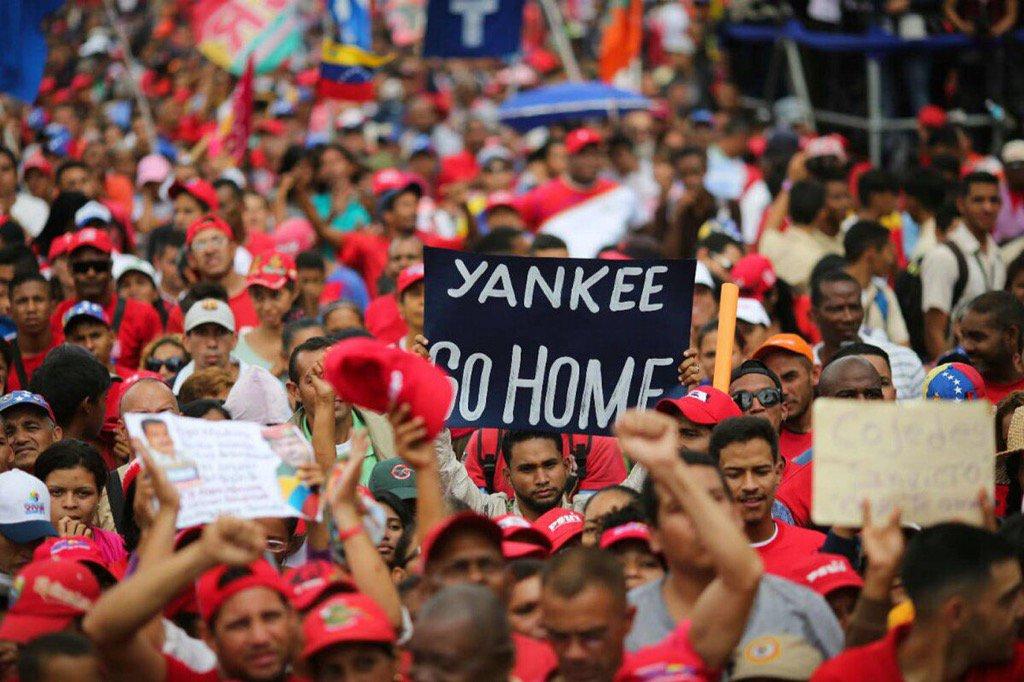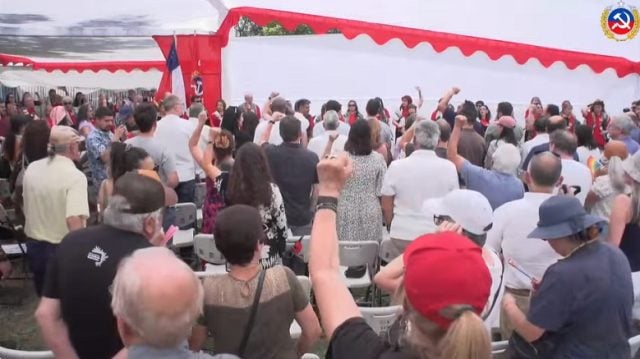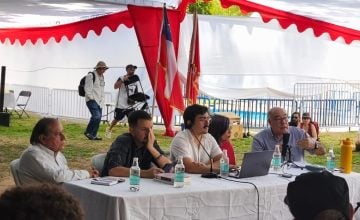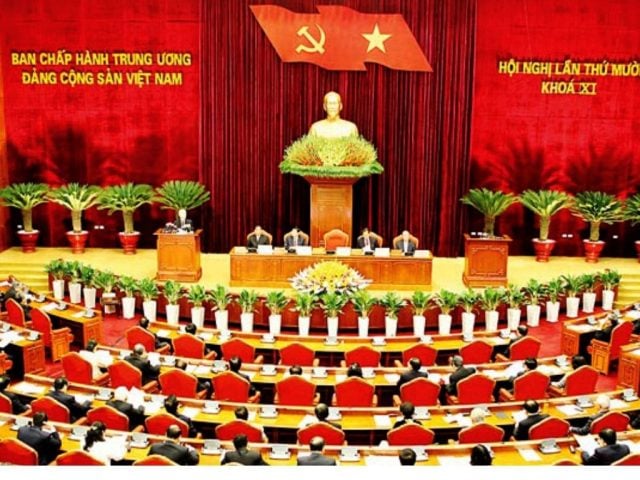Denis Rogatyuk spoke with Dani Balbi, a Rio de Janeiro state lawmaker and representative of Brazil’s Communist Party (PCdoB), about multipolarity, the BRICS, and the broader global political landscape.
What does multipolarity mean from the perspective of the Communist Party of Brazil?
Dani Balbi: I firmly believe multipolarity should be understood not only as a geopolitical realignment, but as a precondition for global sovereignty. It is important to recognize that the United States and imperialism continually seek to bring us under their control to exploit our people and our labor. Countries largely in the Global South are not on equal footing with them.
For me, multipolarity means promoting leadership that is not under the power or domination of the United States, nor of imperialism in colonized countries. It is essential to defend democracy, protect workers around the world, and confront capitalism, which today is represented not only by a U.S. government led by Trump, but by the capital that finances it.
Not only I, but my party as well, promote and take part in movements committed to building a new order that is not unipolar, but multipolar. That is the stance of the Communist Party here in Brazil.
We believe multipolarity is a chance for the Global South to break ties of dependency and assert economic, cultural, and political autonomy. For the Communist Party of Brazil, that means building South–South alliances based on solidarity, complementarity, and mutual development, not subordination. It is also a way to strengthen anti-imperialist socialism and popular democratic projects on every continent, not just in South America, but worldwide.
Multipolarity is not a design created solely by those who oppose and fight imperialism. It is a necessity for everyone—especially for the working class, increasingly overwhelmed by today’s imperial outlook led by the United States.
There is intense debate about the BRICS and their influence across the Global South. Some see the bloc as an opportunity for global balance and the end of U.S. hegemony, while others view it as Russian and Chinese expansionism. What is your position on the BRICS?
Dani Balbi: I believe the BRICS represent a major opportunity to strengthen ties with countries striving to transform our world, and it is not at all an attempt by these nations—especially China or Russia—to capture us. On the contrary, I see us joining forces to build a new international community that is not based on exploiting the working class or on the kinds of wartime arrangements that have deepened poverty.
From a communist perspective, I see the BRICS as a bloc with the potential to challenge U.S. hegemony and create alternative economic institutions. While contradictions exist—for example, China’s economic reach or Russia’s military posture—the bloc offers Global South countries bargaining power and an alternative to the conditionalities imposed by the IMF and World Bank.
The concern is not the emergence of new powers, but preventing the reproduction of old asymmetries. The challenge is to foster more democratic governance and align with popular struggles.
I believe the BRICS are a very good initiative by these countries to offer independence from dollar dominance and international monetary funds, giving nations the chance to build and design their own projects and to strengthen their democracies, their democratic processes, and their economies.
When we are under the sway of countries like the United States or the United Kingdom, cultural governance is also at stake. It is essential to broaden this perspective and better understand Russian literature and Chinese music; this empowers people by empowering Brazilian artists.
All of this is connected to building a multipolar world, and the BRICS are fundamental because they not only offer these opportunities through discourse and narrative—essential in themselves—but also provide the tools to make it happen through a new economic agenda that makes us less dependent on the dollar and on economic arrangements that serve only U.S. interests and international capitalism.
We have seen extensive interventionism since Donald Trump took office: the blockade of Cuba and Venezuela, and the bombing of Iran and Gaza. What should the global communist movement’s response be to this renewed threat?
Dani Balbi: Trump—and not only Trump, but other dictators around the world—represents, from my perspective and my party’s, the rise of a new face of fascism. We must understand that fascism is another face of capitalism. They are intimately connected; the link is strong. Fascism arises when capitalism is in crisis, and we are witnessing a profound crisis of capitalism.
Capitalism has a deep interest in blocking the rights of women and minorities worldwide—women, LGBT+ communities, and other minority populations—because their labor is undervalued. If these groups work together to resist capitalism, we can confront it. Controlling and orchestrating disparities in how the value of labor is distributed among disadvantaged groups is fundamental to the system.
The resurgence of neocolonial violence—blockades, bombings, and sanctions—reflects the crisis of this kind of imperialism and the desperation of U.S. hegemonic leadership. The global communist movement must respond by strengthening anti-imperialist fronts, international solidarity, and the defense of the sovereignty of nations such as Cuba, Venezuela, Iran, and Palestine.
We must defend countries’ rights to self-determination, to build their own politics, and to reconstruct their economic order. Organizing the working class is essential. I would not feel comfortable labeling Hamas as an example of revolution, but I am also not comfortable dismissing it entirely. It is a genuine expression of the oppression its people have suffered for years.
Had we provided the historical conditions—giving that population avenues to self-determination in economic, cultural, and geographic terms—the outcome would be completely different. What we must do is mobilize grassroots movements, expose the United States’ use of a false ‘democracy’ as a pretext for war, and build counter-hegemonic narratives to challenge imperial narratives.
The answer is political unity of the working class across borders, with clarity about the economic interests behind military aggression.
The threat of fascism in Brazil persists. Who are the leading far-right political actors in Brazil today?
Dani Balbi: There are many names, but the most important and strongest in the far-right movement remains Jair Bolsonaro, who is closely aligned with Trump. But there are others who are even more dangerous. I would venture to say some are more dangerous than Jair Bolsonaro because they do not sound as extreme; Bolsonaro was, in a sense, a caricature. The difference is that these others are not so obviously frightening. They can blend in among the wealthy—what they call the middle class: very rich people who no longer need to agitate in the streets.
But they represent the same governing project that aims to prevent women, Black people, Indigenous peoples, and the LGBTQ+ community from having their rights respected. And it is very important to say this—not only my perspective, but my party’s as well: we must understand that neoliberal governance cuts investment in social areas and in Brazil’s development.
In practice, if the government fails to invest in the country’s development or in public policies, those first affected will be women, Indigenous peoples, and other marginalized groups. There is a close relationship between neoliberalism and far-right governance. Even if they do not explicitly declare that they will persecute these groups, they implement policies that systematically underrepresent and harm them.
To strengthen democracy and include underrepresented groups, we must confront and expose neoliberal policies. That is why, in my view, those who promote neoliberalism are more dangerous than Bolsonaro, because neoliberalism is more acceptable to the center and therefore more dangerous than Bolsonaro’s explicit extremism.
What strategy should be used to face potential far-right candidates in next year’s elections?
Dani Balbi: I would highlight what, for me, is the first and most important strategy—and it is not only a strategy, but a long-term challenge: communication. For me, communication means finding ways to give people, especially the working class, class consciousness.
I can see that, especially among young people, many do not recognize themselves as working class. They have been captivated by a kind of U.S.-style narrative that turns them into ‘self-made’ people. They believe in the illusion that they will be rich and powerful without any confrontation with the system that has oppressed them all these years.
It is also essential to broaden the unity of democratic and popular forces to include the left, center-left, and progressive liberals. But I must say we need to find a left program that serves as the center to unite all these forces against fascism and neoliberalism. If we repeat the same mistake we made in 2022, we will be paralyzed, because within the governing program—even at the center—we see many aspects that promote liberalism and neoliberalism.
I can give you an example: the fiscal framework law. It was a harmful law that limits the government’s ability to increase spending. This means that the current government, because we invested in universities and subsidized companies that represent Brazilian interests, cannot continue doing so because it is constrained by this fiscal framework.
This is the result of the intervention of the center and center-right that took part in crafting and designing Lula’s governing program. Therefore, we must build this broad alliance, but the program must be designed with greater influence from left parties and movements. That is the great challenge we will face in 2026. The left cannot simply be more centrist; the left needs to be more left.
Interview by Denis Rogatyuk

